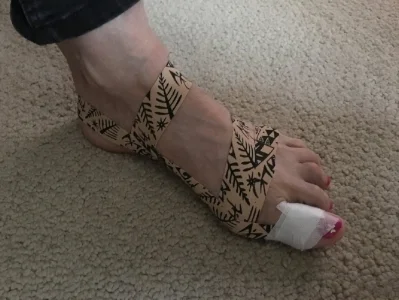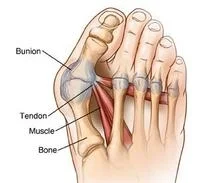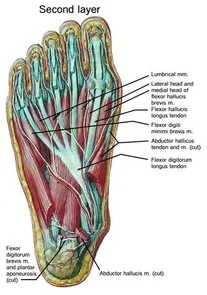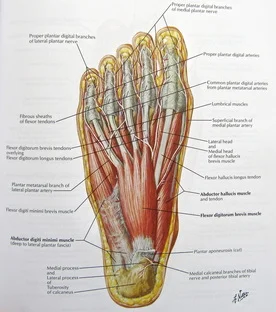One in five Americans are impacted by seasonal change
Massage therapy shown to improve mood and elevate energy levels.
People looking to fend off the winter blues may find relief by integrating massage therapy into their health maintenance routine. Shorter days and colder temperatures leave many Americans feeling depressed and lethargic, yet studies show that regular massages improve mood and reset circadian rhythms, leading to better sleep and more energy.
Seasonal Affective Disorder, or SAD, is recognized as a major depressive disorder with seasonal patterns. A less severe form of seasonal mood disorder, known as the winter blues, impacts an even larger portion of the population. Combined, the two disorders affect as many as one in five Americans, and may be aggravated by the change to Daylight Savings Time. Symptoms include reduced energy, difficulty rising in the morning and a tendency to eat more, especially sweets and starches.
“As we approach the colder, darker months, massage therapy may be an effective method of deflecting common seasonal challenges,” said Jeff Smoot, President of the American Massage Therapy Association (AMTA). “Massage benefits the way our bodies react to negative influences, whether that’s weather, anxieties or disorders.”
A growing body of research is documenting the impact of massage therapy for relief of anxiety and depression for people in a wide range of health situations. For example, in a controlled study composed of HIV-positive adolescents, participants who received massage therapy reported feeling less anxious and less depressed by the end of the 12-week study.
A randomized study found women with stage 1 and 2 breast cancer benefited from regular massage therapy sessions. The immediate massage benefits included reduced anxiety, depressed mood and anger while the long-term impact reduced depression and increased serotonin values. Serotonin, a neurotransmitter with functions in various parts of the body, works to regulate mood, appetite, sleep, memory and learning. Massage therapy was also found to improve sleep, specifically by assisting with circadian rhythms, or the body clock. A study investigating the effects of massage therapy on the adjustment of rest to activity, as well as melatonin secretion rhythms in full-term infants, found massage therapy enhanced coordination of the circadian system.
References: American Massage Therapy Association



